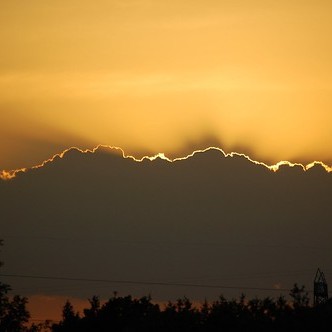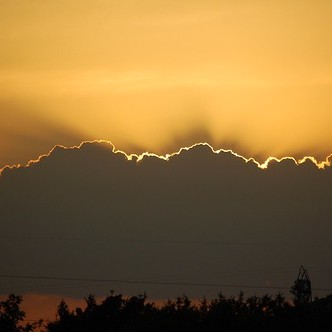The origin of hummus is cloudy and hotly contested. Though we know it originated in the Middle East, many regions around the Eastern crescent of the Mediterranean claim to be the one true originator of the delectable spread. The first real mention of hummus in a cookbook was found in 13th century Cairo, where it appears as merely a cold chickpea puree, and notably lacks lemon juice and garlic – including instead pickled lemons with oil, herbs, and spices. It still sounds pretty good to us.
Hummus remained a huge staple in the diet of many living in the Middle East, where chickpeas flourish. In fact, the word “hummus” is rooted in the Arabic word for “chickpea”! Though there is some debate over whether or not the Greeks also invented hummus, most believe it spread between Greek and Middle Eastern traders, along with popular delicacies like baklava and stuffed grape leaves. It’s known for this reason as one of the greatest crossover foods.
It’s also the national dish for many countries in the Middle East. It’s a cultural phenomenon as much as a culinary one, and nations stick up for their claim to hummus. For example, in 2008 Lebanon tried to sue Israel for “stealing” hummus! After that, the two strove to set the record for the largest plate of hummus. For all its long-lasting popularity in the Middle East and Southern Europe, it may surprise you to learn that the first British grocery store to stock hummus only did so in 1980. Unsurprisingly, however, it quickly became a great hit in the UK, largely for its health benefits.
Hummus definitely had a fashionably late arrival to the U.S. While 20 years ago, most Americans probably couldn’t even pronounce the name of the dish, and annual sales barely topped $5 million, today it is found in most grocery stores and considered a staple in many American households. While in the Middle East, hummus is increasingly considered a somewhat routine and middle-class meal, Americans are falling for the brownish spread – hard.
Resource: https://nationaltoday.com/international-hummus-day/























